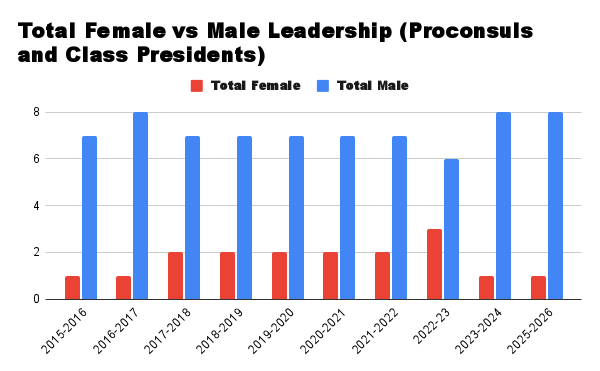TikTok: Chinese Spyware?

TikTok, the social media sensation, has one minor problem: it is owned by ByteDance, a Chinese company with a history of spying on its users and lacking security compatible with social media companies in the United States. TikTok is eerily similar to Huawei, a controversial Chinese smartphone supplier that was accused of spying for China. The founder of Huawei and his military background, along with Huawei’s major role in communications, makes it a high security risk. In light of this, the United States banned Huawei and the sale of their products in 2012, making many wonder whether or not TikTok will be next.
China can now access millions of American and European citizens’ cell phones. Proof was found with the beta release of Apple iOS 14, when the program caught TikTok, along with a multitude of other apps, secretly accessing users’ clipboards. India also banned TikTok for security reasons, with Australia considering doing the same in light of cyber attacks informally credited to Beijing. Earlier this year, President Trump issued orders to ban TikTok despite millions of Americans using the app. If this act had gone into effect, it would have forced companies to remove TikTok from their app stores, limiting its potential for new users. To avoid a ban, TikTok has attempted to strike a deal with an American technology company to sidestep security concerns. TikTok eventually succeeded, laying out an agreement with major American companies Oracle and Walmart to create TikTok Global. TikTok has cut ties with China in order to stay afloat in the American business world, an act which points to deeper tensions between the two global powers.
China’s censorship of information and openly communist agenda conflict with America’s democratic, free market economy by principle, causing economic relations to be strained. An example is China’s version of TikTok called Douyin (an app monitored and controlled by the Chinese government) working jointly with its global version, which is extremely liberal, to appeal to European and North American countries. Hong Kong, which was a territory transferred to China that maintained a separate government and economic system, had non- Chinese TikTok in June of 2019, but Hong Kong’s TikTok shifted from the liberal version to an extended Douyin version without privacy guarantees, in an effort to appeal to the Chinese government. Americans are worried that their private information could be harvested and shared in the same way, and that political propaganda could run rampant on the site. FBI director Christopher A. Wray went as far as calling China the greatest threat to the United States’ security.
China holds a different view, as TikTok defends allegations by saying that the data collection from their app is not more drastic than Facebook, and that it only includes behavioral data, user preferences, contacts, and targeted advertising. Mark Zuckerberg, Facebook’s founder, was interrogated by Congress over the company’s use of customers’ information, and was forced to apologize for some of the lax guidelines regarding the app. As for the Apple iOS 14 update, TikTok points out that LinkedIn and Reddit were also reading iOS users’ clipboards, and that the announcement was not taken with as much weight. This proves that the allegations against TikTok are not rare occurrences, and these conduct breaches are also done by American social media networks to target ads geared towards user’s interests and connect users with people of similar interests. TikTok’s Chinese origin is also a possible reason why it is behind on security, as restrictions are more relaxed in China, which is only now developing data privacy laws that have already been established in the United States and Europe for decades. Most importantly, TikTok is a private industry inside of China, and as its founders have stated, Trump’s past allegations and threats of banning the app are ineligible.
In conclusion, TikTok has worked hard to distance itself from its Chinese roots, but it is still unclear whether it will be enough to continue to thrive in the American economy. Foreign affairs with China will differ with the Biden presidency, including the management of TikTok, as tensions between the United States and China reached unheard heights under the Trump regime. Trade, technology, and travel have been severely limited, and as the Chinese were blamed for spreading the coronavirus, any economic ties between America and China are dwindling. TikTok could face retaliation, as they have assimilated into American culture and gained immense popularity. However, the dynamics behind it, a Chinese company in an American market, could prove to be too much.

Hi, my name is Skye! I joined Imua in 8th grade because it was the only available writing elective, and I stuck with it because I love the journalistic...






